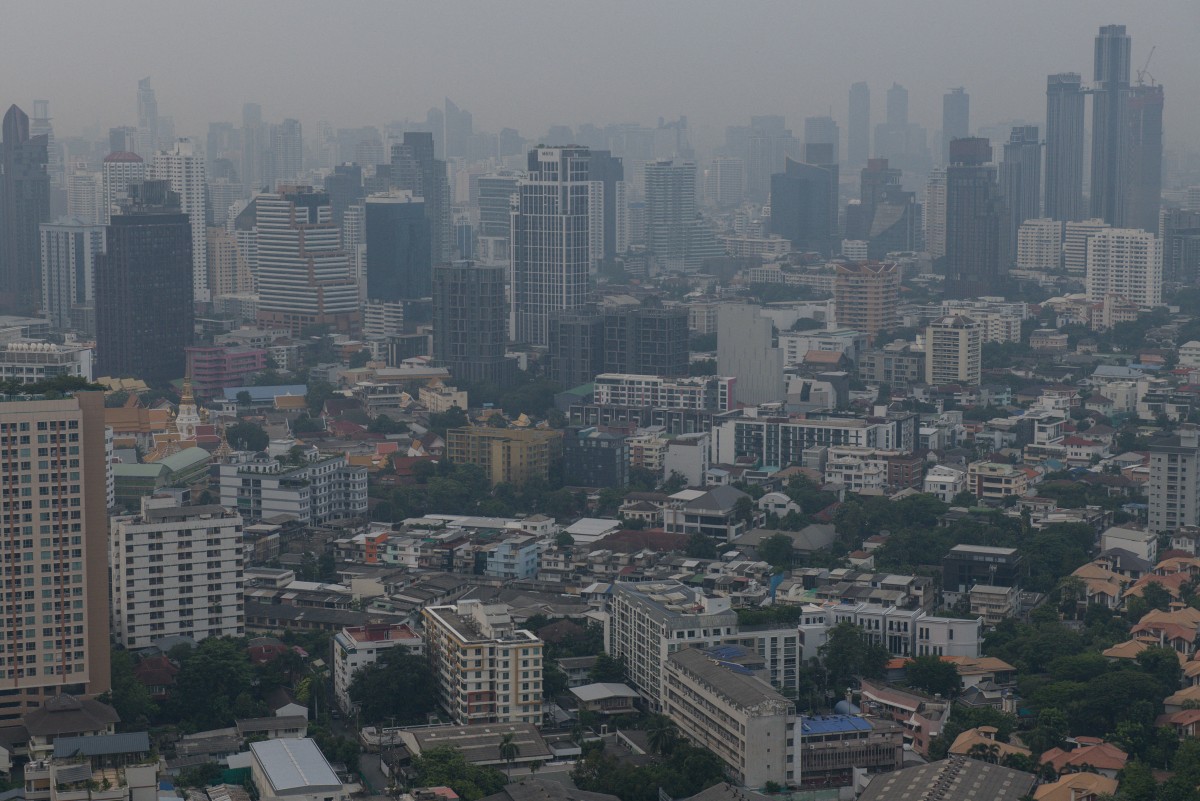Stockholm, Sweden – Fine particle pollution caused the deaths of over 250,000 people in the European Union in 2021, according to a report by the European Environment Agency (EEA) published on Friday.
Fine particulate matter, or PM2.5, is a term for fine particulates that are typically the by-product of car exhausts or coal-fired power plants.
Their tiny size enables them to travel deep into the respiratory tract — worsening the risk of bronchitis, asthma and lung disease.
“According to the latest EEA estimates, at least 253,000 deaths in the EU in 2021 were attributable to exposure to fine particulate matter (PM2.5) pollution above the WHO recommended concentration” the group said.
The EEA added that those deaths “could have been avoided… if the fine particulate matter concentrations had met WHO recommendations.”
The figure represents an increase compared to 2020, when fine particles were attributed to the premature death of 238,000 people.
The EEA said the rise can be explained by increased exposure to pollutants and by a slight rise in European mortality, mainly due to Covid-19.
In contrast, the long-term trend remains largely positive and between 2005 and 2021, the number of premature deaths due to fine particle pollution fell by 41 points, the report points out.
Despite “great strides” over the past years, “the impacts of air pollution on our health remains still too high, resulting in deaths and illnesses which can be attributed to air pollution,” Leena Yla-Mononen, EEA Executive Director, said in the statement.
For other pollutants, premature deaths attributed to exposure to nitrogen dioxide (NO2) also saw a slight increase from 2020, reaching 52,000 in 2021.
Meanwhile, deaths attributable to exposure to ozone (O3) — produced mainly by road traffic and industrial activities — was estimated to be responsible for 22,000 premature deaths, a slight decrease compared with 2020.
The agency does not add up the figures, as it believes this would lead to some deaths being counted twice, but stresses that air pollution remains the biggest environmental threat to the health of Europeans.








